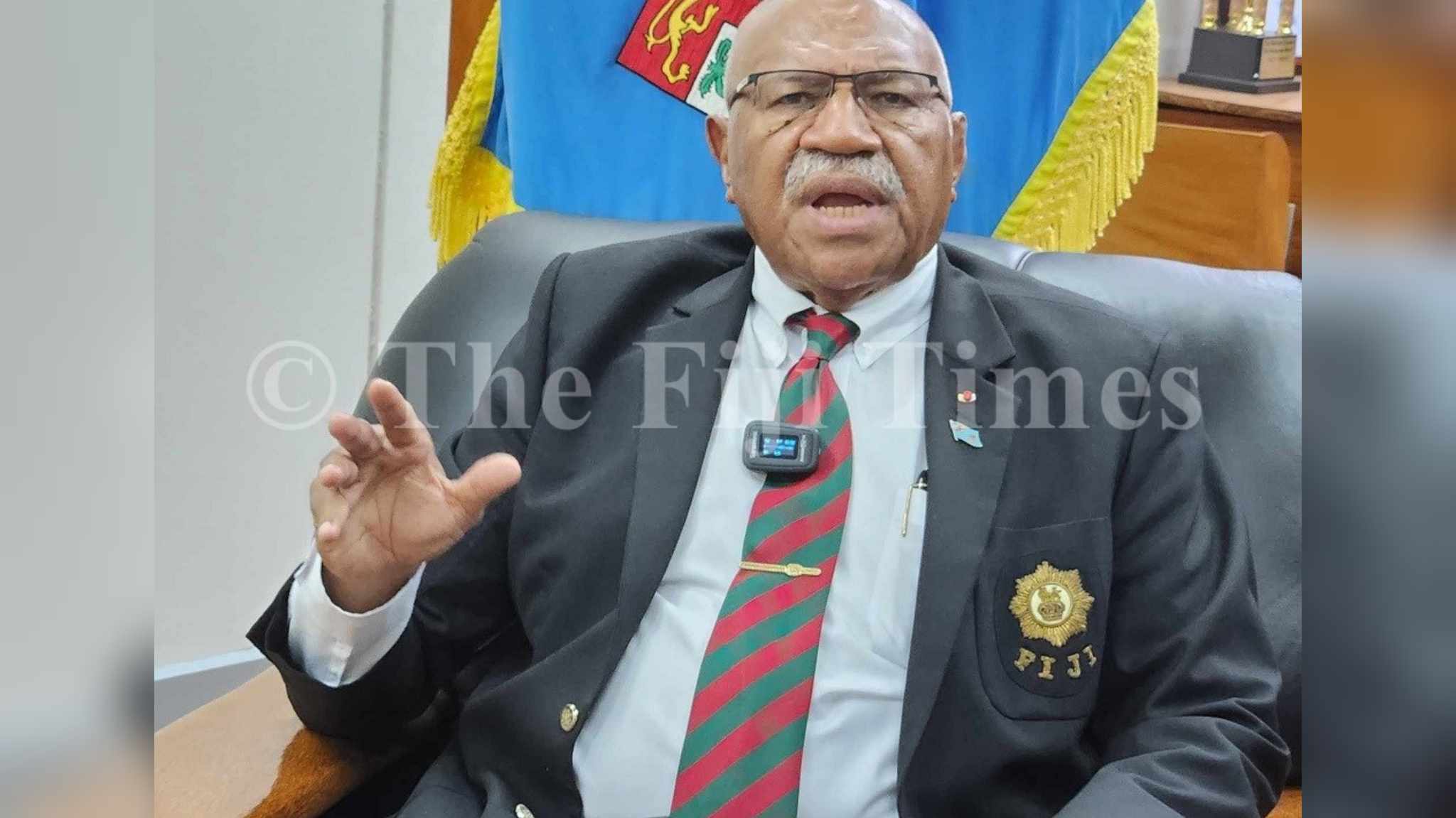Prime Minister Sitiveni Rabuka has followed all procedures required of him under every Constitution adopted by Fiji when dismissing ministers in his Cabinet, says former advisor to the Prime Minister’s Office Jioji Kotobalavu.
“Since Fiji’s independence on October 10, 1970, we have adopted in all our constitutions, a parliamentary system of executive government,” said the former civil servant who served as permanent secretary to three of Fiji’s prime ministers.
“Under this system, the PM and all ministers are drawn from members of Parliament as elected representatives of the people.
“Section 92-(3) of the 2013 Constitution, the PM is empowered to (a) appoint ministers and to assign to them their titles, portfolios, and responsibilities, and to (b) dismiss a minister.
“I should also explain that these powers of appointing and dismissing ministers cannot be exercised arbitrarily.”
He said those actions (appointment and dismissal) were discretionary.
“For example, the PM has to have regard for the requirements of Section 16 of the 2013 Constitution.
“This stipulates that every person has the right to executive an action that is lawful and procedurally fair.
“A person who has been adversely affected by any executive action has the right to be given written reasons for the action.
“One can see from PM Rabuka’s explanation in the media that he has followed all these procedures. ”
Not only has he acted according to law, but he has also complied with the requirements of administrative justice.”
Mr Kotobalavu said Section 16-(1) (c) of the 2013 Constitution empowers the High Court with the supervisory jurisdiction to review the administrative action of a public executive authority.
However, it is highly unlikely that the High Court will grant an application to judicially review a decision by the Prime Minister in exercising his powers under section 92-(3)(a)and (c) to appoint or dismiss a Minister.
“Here, the High Court will choose to be guided by the constitutional principle of the separation of powers of governance by the three principal arms or organs of government. Parliament makes laws for the state.
The Executive Government administers the laws of the state. And the Judiciary or the Courts interpret the laws of the state, In exercising their respective powers and functions, each arm or organ will be guided by the principle of mutual confidence, trust and respect.
“So, based on this working principle, the High Court is most likely to regard the exercise by PM Rabuka of his Constitutional powers to appoint and to dismiss Ministers as being non-justiciable.
“Any challenge by Mr Radrodro or SODELPA, on his behalf, will, therefore be an exercise in futility.”



